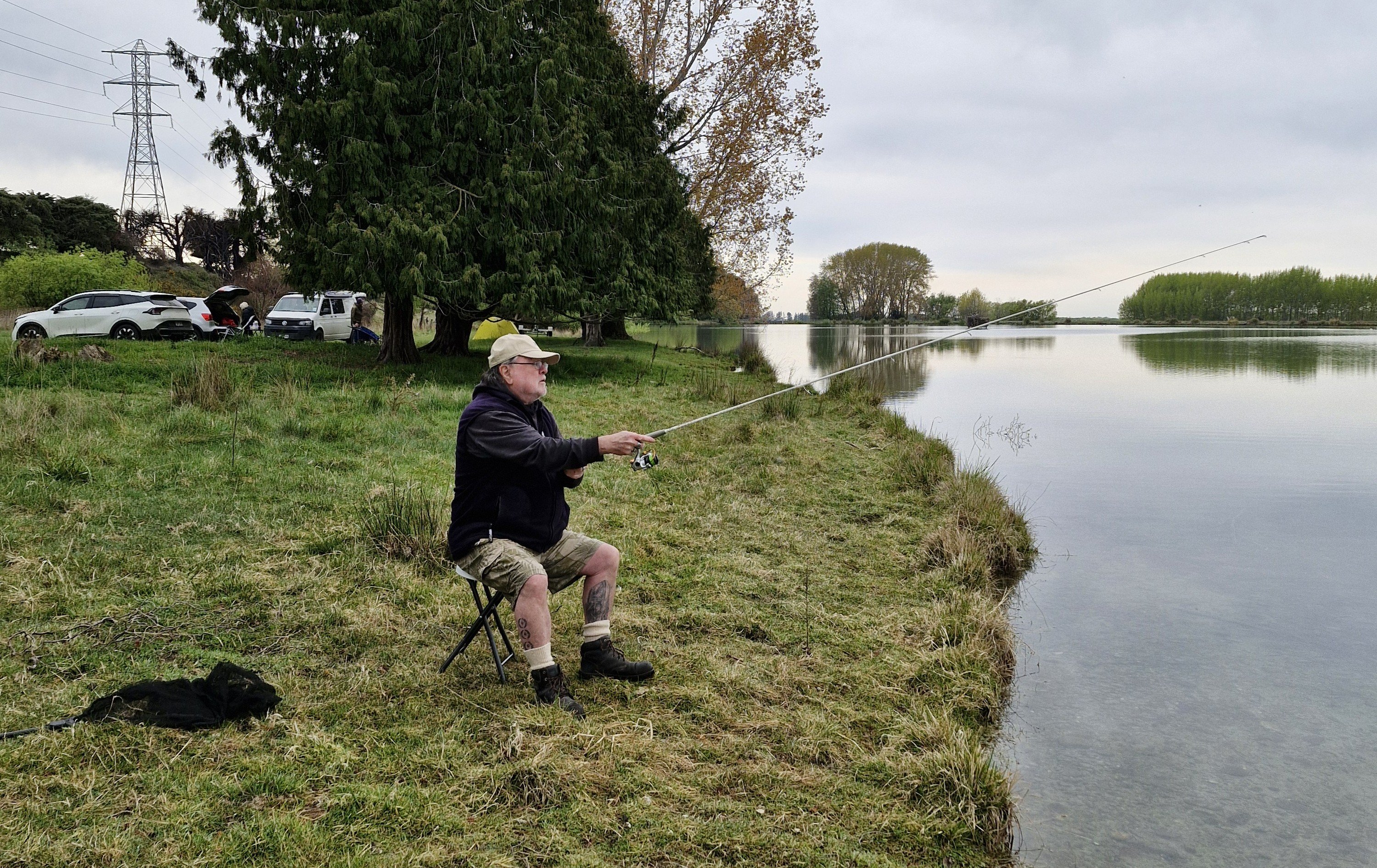
The 2025-26 season opens on Wednesday, October 1, with several new regulations introduced in the Central South Island. They include:
● Scented soft bait lures that imitate active bait fish may now be used in all waters where spin fishing is permitted — adding a new lure option at 46 waterways.
● The season bag limit for sea-run salmon has been reduced to one salmon in response to the severely low salmon spawning populations observed in 2025.
● All waterways of the Ahuriri River Catchment now open on the same day, being the first Saturday in November.
● Lake Opuha has a new winter fishing season from June through August in 2026.
Licence prices have remained the same for the new season, however, the family licence has been revised so that both adults on the licence have equal fishing rights (they can fish independently) and both have voting and standing rights in Fish & Game council elections.
One child or grandchild must be included on the licence.
The Central South Island Fish & Game region incorporates Waimate, Timaru, Mackenzie and beyond.
It is home to some of the most popular places for freshwater fishing in New Zealand, like the Lake Tekapo/Takapō, Lake Pūkaki and Lake Ōhau hydro canals and Lake Benmore.
The season opening coincides with the school holidays and Fish & Game are encouraging experienced anglers to make the time to teach a young person how to fish for trout, salmon, perch and tench.
Senior officer Rhys Adams said October was a great month to fish local waterways, like the Ōpihi River, while water levels remained elevated with spring rainfall and snowmelt.
Many high-country waterways remain closed until the first Saturday in November.
This was done to protect rainbow trout spawning and other sensitive fisheries.
— Allied Media











